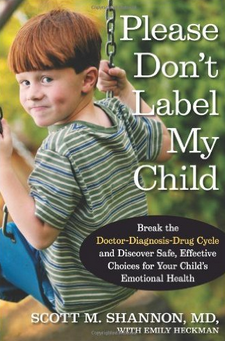Ahhhh…the Video Music Awards. Who can resist the yearly display of pop culture including good music, crazy fashion, wild dances; and let’s not forget the annual controversy.
Madonna kissed Britney in 2003:
Kanye stole Taylor’s thunder in 2009:
…and who can forget Lady Gaga’s meat dress in 2010. Delicious:
When I turned on my computer this morning, everyone was talking about the performance delivered by Miley Cyrus (aka Hannah Montana) at last night’s VMA’s. This Disney-star-turned-sex-kitten’s (was that what her costume was?) song was the most talked about of the night. She gyrated, stripped down to a skimpy outfit and danced in a super provocative way with Robin Thicke (even causing the host to comment that she might have become pregnant from all the grinding).
Here’s the thing: people are flipping out about her performance. And for the life of me I can’t figure out why. Yea, it was sexy and risque, but so was Lady Gaga’s number. Come to think of it, there were plenty of scantily-clad women shaking their booties to hither and yon. What’s the big deal? I really have no idea.
Sadly, I think we are all missing the most provocative, exciting performance of the night: Macklemore. Forget all the hoopla surrounding Miley and check out Macklemore’s touching performance below:
Get More:
2013 VMA, Artists.MTV, Music, Macklemore & Ryan Lewis
In a few years we will look back and feel bored at Miley’s gyrations, but Macklemore’s words about acceptance, human rights and loving one another are timeless and meaningful no matter when they are heard.











